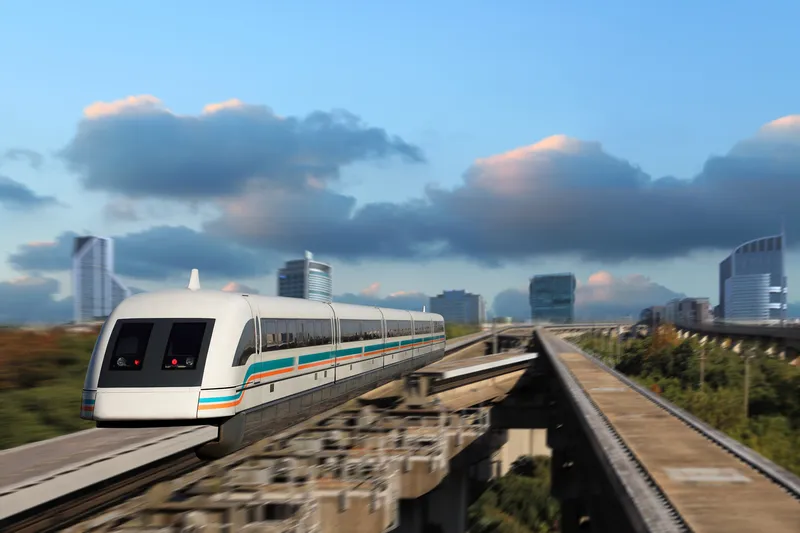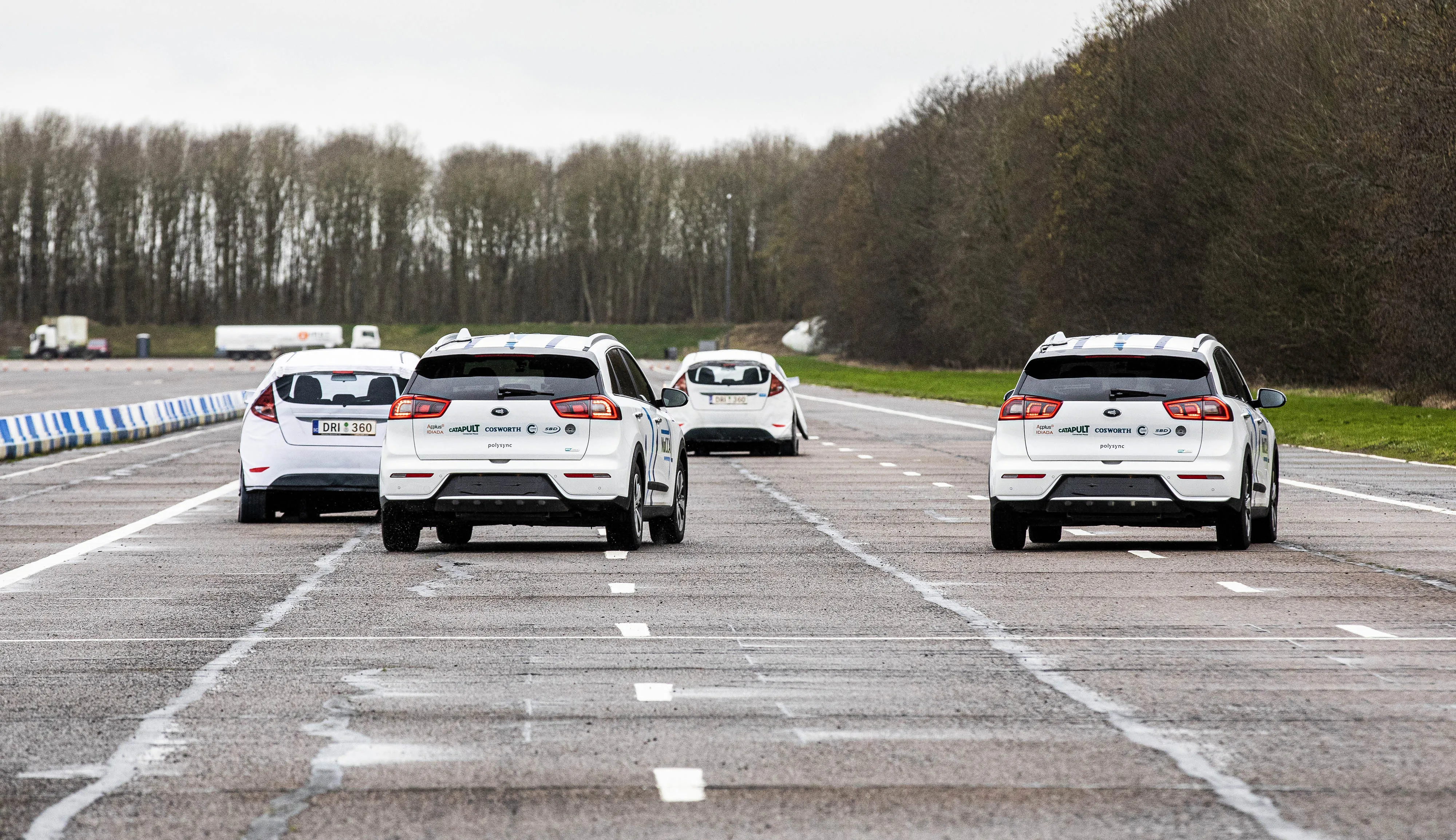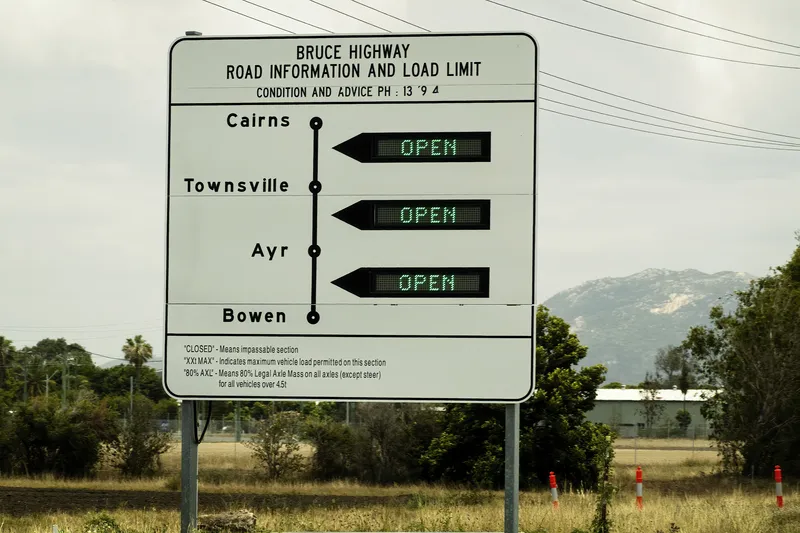
A maglev vehicle capable of 600km/h has conducted its first test run on a line at Tongji University in Shanghai, according to Chinese media.
The trial took place June 21, noted a report by China Global Television Network (CGTN), a Beijing-based state-run media outlet. The news was passed on by the International Maglev Board.
Engineers at the research and development centre of the state-run CRRC Qingdao Sifang – makers of high-speed trains – said the maglev (magnetic levitation) vehicle showed stable suspension and guidance during the multi-condition tests.
All key technical indicators met the design specifications and expectations.
The next step is to move the train into the marketplace, said the CGTN report.
China has said that it aims to put a 500km/h maglev line into commercial operation by 2025.
A Shanghai-Hangzhou 600km/h high-speed maglev has been included in the 10 so-called super transport projects within the province in the coming years.
The project, with CRRC Qingdao Sifang being responsible for the technical aspects, has input from more than 30 enterprises, universities and research institutes.
Scientific cooperation with German universities and German industry supports the development, according to CGTN.










